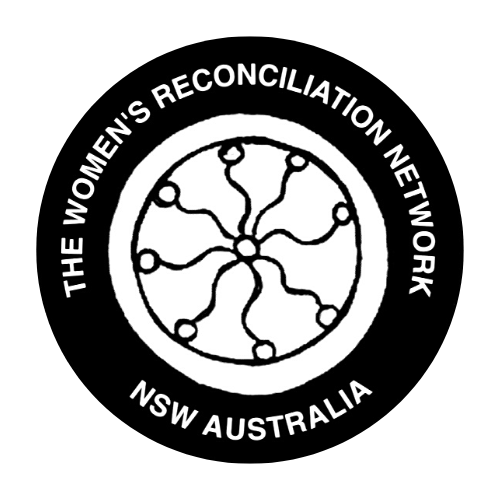Women’s Reconciliation Network calls for spirited action
ByDeborah Ruiz WallJune 10, 2021.

“The re-birthing of the Spirit spearheading women into action marks the 25th anniversary of Women’s Reconciliation Network (WRN) with a lamp that guides their path and shines onto their feet,” Aunty Ali Golding, Aboriginal Elder proclaimed. Aunty Beryl Van Oploo added that WRN’s growing up stems from “knowledge sharing” of women members enabling the passing of legacy onto others.
WRN has a rich record and trail of achievements through its years of advocacy in support of justice and healing for First Nations people.
Back in 1996, at the NSW State Library, 300 women from different cultural backgrounds united in grief over the injustice endured by Aboriginal and Torres Strait Islander people. A searing song of lament by Tjanara Goreng-Goreng pierced the stillness and deeply moved the people who were there.
The idea of forming the group initiated by former NSW Coordinators for Reconciliation, Elaine Telford and Shelley Reys, was inspired by the thought that the powerful way women do things is formidable.
Reconciliation on a national scale originated from former Prime Minister Paul Keating’s proclamation of a decade of Reconciliation (1991-2001) – his government’s response to the Royal Commission’s Report on Aboriginal Deaths in Custody. Keating set a decade timeframe to advance a national process of reconciliation.
Lifting social consciousness through education and training, writing letters and submissions to government, creating training resources, organising forums, making films, producing books, meeting via Zoom have all been part of WRN’s call to action.
WRN has produced films: Around the Kitchen Table, a record of stories shared by First Nations and non-Indigenous women from other cultures; Exploring Perspectives: Conversation on Constitutional Recognition; and the life stories of Aunty Ali and Aunty Beryl. WRN has also produced books: Healing our Nation through Women’s Wisdom; and Deborah Ruiz Wall’s Reconciliation, Love and Other Poems. More recently, WRN gathered many submissions and letters to government about the process of hearing the Voice of First Nations people to be embedded in the Constitution.
